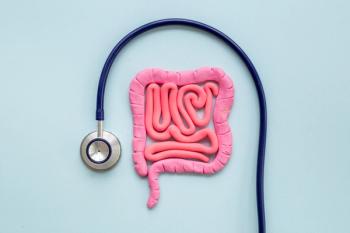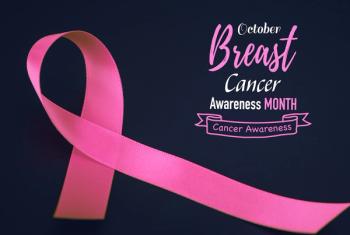
- Drug Topics September 2018
- Volume 162
- Issue 9
New Pharm Tech Certification Is Taking Off
How a new program is benefiting techs, pharmacists, and patients.
A certification program in compounded sterile preparation (CSP) will benefit both pharmacy technicians and pharmacists, and indicates how the technician’s role is evolving.
Since the program launched last December, the Pharmacy Technician Certification Board (
“Certifying technicians who prepare CSPs with the CSPT Certification helps advance the level of medication safety and strengthens the pharmacy team,” William Schimmel, executive director and CEO of PTCB, tells Drug Topics.
In addition to improving medication safety and offering professional advancement opportunities to technicians, the certification can assure pharmacists in charge of final checks on CSPs that their CSPTs are knowledgeable and qualified to compound IV solutions, including chemotherapy IVs.
CSPs are made in hospitals and health systems, at infusion centers, community pharmacies, and compounding centers. In hospitals for example, with the assistance of a CSPT, pharmacists would have more time to devote to safety checks, and preparing drugs for IV use and other regimens.
An Advanced Certification
An advanced certification represents an opportunity for technicians to move up in their careers. In addition, the certification improves patient safety for the overall benefit of the pharmacy.
“The new certification reflects the changes that are happening in the pharmacy profession as pharmacists play a greater role in the delivery of healthcare,” Schimmel says. “The CSPT certification is another rung on a career ladder for technicians. Motivated, professional teams with low turnover are going to perform better. This can contribute to better medication outcomes and decrease long-term costs,” he says.
Long Time Coming
The CSPT program is the first new certification program PTCB has offered since the organization was founded in 1995.
Allen L. Horne, RPh, an oncology pharmacy specialist at
Horne, who chaired the CSPT Exam Development Committee, explained that his hospital is developing a career ladder for pharmacy technicians since the certification was created. “With CSPT certification, the technician may rise up a level on the ladder and be recognized as being set apart from beginning technicians. Depending on their current level on the career ladder, they may also be incentivized through salary increases.”
“CSPT certification raises the safety and quality level of sterile product preparation, and frees up hospital pharmacists, giving them added time to calculate dosing, review drug regimens, and generally devote more time to supervisory tasks, including checking patient records for drug interactions,” Horne adds.
Cheri Garvin, RPh, CEO of
A CSPT must recertify each year, which requires completing five continuing education hours in sterile compounding and the submission of a supervisor’s attestation form, according to PTCB.
Articles in this issue
almost 7 years ago
Opinion: Upholding Our Oathover 7 years ago
Pharmacists Help Meet Value-Based Targetsover 7 years ago
How to Prevent the Top 4 Medication Errorsover 7 years ago
Why Drug Labels Are Set Up for Failureover 7 years ago
Online Pharmacies, Formulary Exclusions, and More Newsover 7 years ago
How to Protect Yourself from Red Flagsover 7 years ago
What Pharmacists Need to Know About EpidiolexNewsletter
Pharmacy practice is always changing. Stay ahead of the curve with the Drug Topics newsletter and get the latest drug information, industry trends, and patient care tips.























